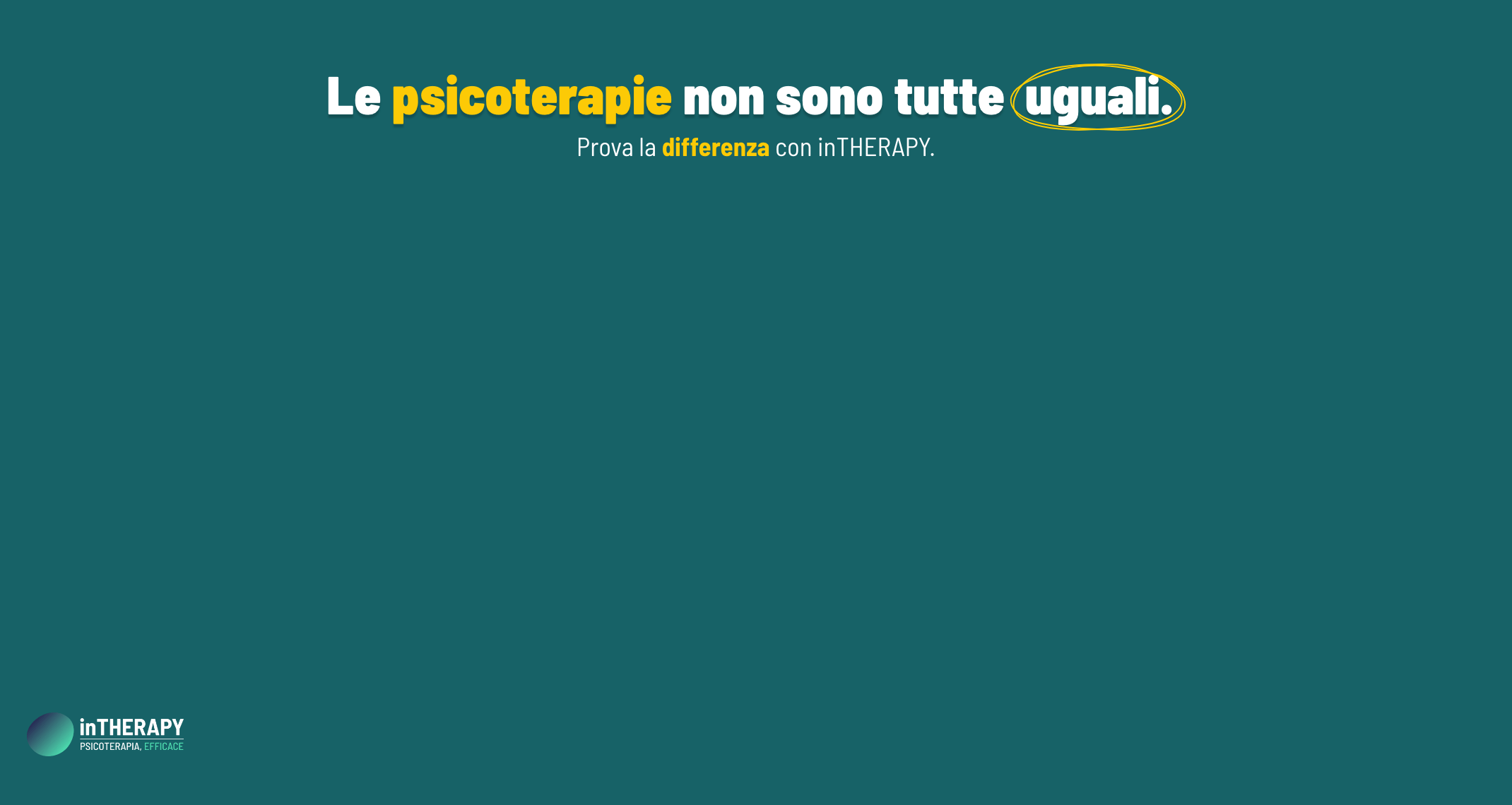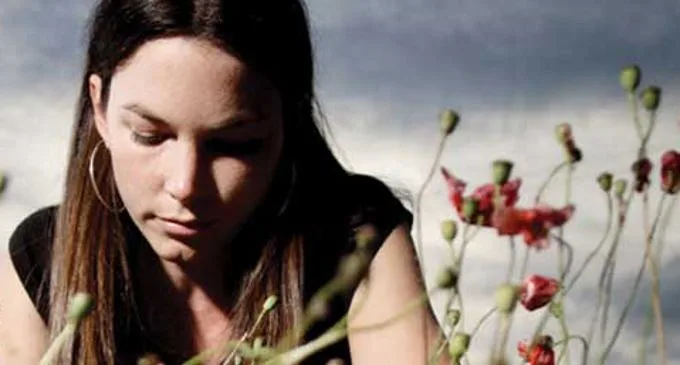All human experience is about darkness and light, about wanting to find happiness and to avoid suffering. That is what all songs are ultimately about. Being bipolar means having those extremes of highs and lows perhaps more often and more dramatically than others.
Emily Maguire is a British songwriter with a very expressive voice (someone has compared her to unforgettable Eva Cassidy) and great composing capacities. Her songs have been played regularly on BBC Radio and in 2010 she published the book ‘Start Over Again’, a highly personal account of her experiences of dealing with bipolar disorder.
Following the publication of her book, Emily performed in psychiatric hospitals and daycare centers in Bristol and Manchester, leaving her audience of staff, carers and patients deeply moved by her songs and inspired by her openness and willingness to share her experiences of psychosis and depression. This so particular tour reminds me of what happened in Trieste (Italy) at the end of the Seventies, when the revolutionary psychiatrist Franco Basaglia invited for the first time many artists to perform in the local psychiatric asylum, against the stigmatization and the indifference. Emily’s biography is a remarkable one. Classically trained as a child on cello, when she was in her twenties she left England to move in a farm in Australian bush for four years with her partner, financing her music by making and selling goats cheese on the farm.
Many of Emily’s songs describe problematic mental states, as “Over the waterfall”, where she portrays a psychotic experience (“I bet you don’t hear a million voices ringing in your head, I bet you don’t see symbolic meaning in every word you said”). In this song the waterfall seems the border between mental sanity and madness (“I lose my mind, if they can’t find a cure this time, they’ll take me away in a big white van…So take my hand and don’t let me go over the waterfall”). Emily’s story really stimulated my curiosity and I decided to interview her on Skype.
You started writing songs when you were stuck at home with fibromialgia pain syndrome. Was music helpful to cope with this disorder?
Music was incredibly helpful in getting me through that difficult time. Writing songs helped to distract me from the constant physical pain and was a way in which I could express the thoughts and feelings I had about life and the world outside my window. In fact once I’d started writing songs I felt that the illness had become a blessing in disguise because I had all this time on my hands to write.
Can you tell us a little more about your psychiatric experience and treatments you received?
I was first diagnosed with acute clinical depression when I was 16 and treated with antidepressants for many years. I had my first psychosis when I was 23 years old and was then diagnosed with bipolar disorder and put on lithium. Before this psychosis I’d had many years of therapy first under a psychiatrist and then from various counsellors. After coming out of hospital after the psychosis I decided I’d had enough therapy. After a few years of being relatively okay my doctor took me off lithium and two years later I had my second psychosis when I was 28 years old. I was hospitalised again and put on lithium and olanzapine. Since then I have had a bit of counselling but no other psychotherapy apart from solution focused hypnotherapy which my husband practices and which I have found very helpful for depressive episodes. I am still on olanzapine but not on lithium at the moment which has been a bit tricky at times.
In 2010 you published your biography Start over again, where you tell about your personal experience with psychosis and bipolar disorder. Was it difficult to open yourself to the public with this coming out?
Yes it was a difficult decision to make and I thought it might be the end of my music career. But in the end it was completely liberating and I got the most wonderful response from my fans and from lots of other people who heard about my story on BBC radio. Since then I’ve been able to talk openly about my condition and be of some help to others who suffer in the same way. And people know where my songs are coming from now.
How much of your experience of suffering of affective disorder is in your songs? Are there songs where you specifically talk about it?
All human experience is about darkness and light, about wanting to find happiness and to avoid suffering. That is what all songs are ultimately about. Being bipolar means having those extremes of highs and lows perhaps more often and more dramatically than others. My songs come from my heart so it’s inevitable that my lyrics are often influenced by these experiences. About a year after my first psychosis when I’d gone through all the stages of being completely terrified and then chronically depressed, and I was starting to feel a bit stronger, I wrote a song called ‘I’d Rather Be’. It expressed my feelings of gratitude and acceptance of the way that I am. But the most direct song I’ve ever written about my experience of bipolar disorder is ‘Over The Waterfall’.
Can you tell us about your experience of playing in psychiatric hospital in UK?
My tour of mental health hospitals earlier this year was one of the best things I’ve ever done. It was hugely challenging but hugely rewarding and out of the 17 gigs I did there were no negative experiences. I did a half-hour performance in each mental health facility, singing my songs about surviving mental illness, reading a bit from my book about my own psychosis and answering questions from the patients. There is so little music in mental health hospitals in the UK so aside from anything else it was a bit of entertainment in an otherwise boring routine. Both staff and patients did really listen and sometimes seemed to be very moved by it. The feedback from the staff was amazing (see Mental Health Tour). One good thing about my experience of bipolar disorder is that it covers both psychosis and depression so I was able to relate to both patients who have schizophrenia and also to those with chronic anxiety and depression.
Are you involved in any other project concerning mental health?
At the moment I’m a bit out of action because of tendonitis in my arms but I hope to be doing some work in the future with the mental health charity Mind. I would also like to approach some other NHS trusts to offer my services and do similar gigs in other hospitals and for outpatient groups.
What do you think of music therapy? Any experience?
I had music therapy the last time I was sectioned in hospital and it was great. The music therapist was very surprised when I started singing her some of my songs. The staff on the acute ward where I was sectioned let me keep my guitar and one of the songs on my first album I wrote in that hospital (‘Falling on My Feet’). Afterwards the music therapist came to some of my gigs. There have been big cuts in mental health services in the UK in recent years and out of the 17 gigs that I did earlier this year only 2 places had any kind of music provision. I think that music can be a vital part of helping people with mental health problems and I hope that part of my career will be focused on getting more music into mental health facilities.
How is the stigma situation in England? Have you ever been stigmatized in some ways after your outing about the bipolar disorder?
I haven’t felt stigmatised at all. A lot of people said I was brave when I published my book but in fact I’ve only felt liberated by coming out about my own mental illness. I really believe that stigma only has power if we pander to it and that the more people are open about their mental health and talk about it, the better. That’s why campaigns like Time to Change in the UK are so important. Things are much better now than they were a few years ago. And I often quote the words of Dr Seuss: “Be you are and say what you feel because those that mind don’t matter and those that matter don’t mind.”
Which is in your experience the relationship between creativity and mental disorders?
I can’t speak for all mental disorders but certainly with bipolar disorder my experience has been that creativity is the silver lining to the bipolar cloud. The three things that have saved my life have been music, meditation and medication. I think that any kind of creative outlet, be it painting, music, poetry, gardening or crafts can be of huge benefit to people like me with all this energy in our heads that otherwise turns in on us and causes so many problems. If you can learn to use that energy in a positive, productive way then the illness can really become a blessing in disguise.
I read that you practice Tibetan Buddhism. In the last decades the worlds of psychology and Buddhism have met and techniques inspired by Buddhist meditation (mindfulness) are now used for chronic depression. In which way practicing Buddhism is beneficial for your mental health?
As I said meditation is one of the three things that has saved my life. I started doing five minutes of sitting meditation first thing in the morning over 15 years ago. I now practice for an hour each morning and half an hour each evening. My Buddhist faith has saved me in more ways than one. For a start believing that suicide would simply be jumping out of the frying pan into the fire has stopped me from ending my own life in severe depressive episodes. The Buddhist teaching on impermanence has also been incredibly helpful. Having a guru in the form of my teacher Lama Jampa Thaye gives me much-needed support and encouragement and guidance during dark times. The Buddhist teachings on mind-training are incredibly practical and helpful methods of dealing with difficult situations. I am also fascinated by Buddhist psychology and philosophy and this gives me a real focus for my intellectual stimulation and interest. The daily practice of meditation has taught me self-discipline which feeds into every other part of my life. And I am a great believer in the power of faith. I know from my own experience how powerful the mind can be, both destructive and creative. I want to tame my mind to be less troublesome to myself and more helpful to others.
FURTHER READINGS
RELATED ARTICLE
Martin Kolbe and his Bipolar Roadshow – Interview
VIDEO OF “OVER THE WATERFALL”


